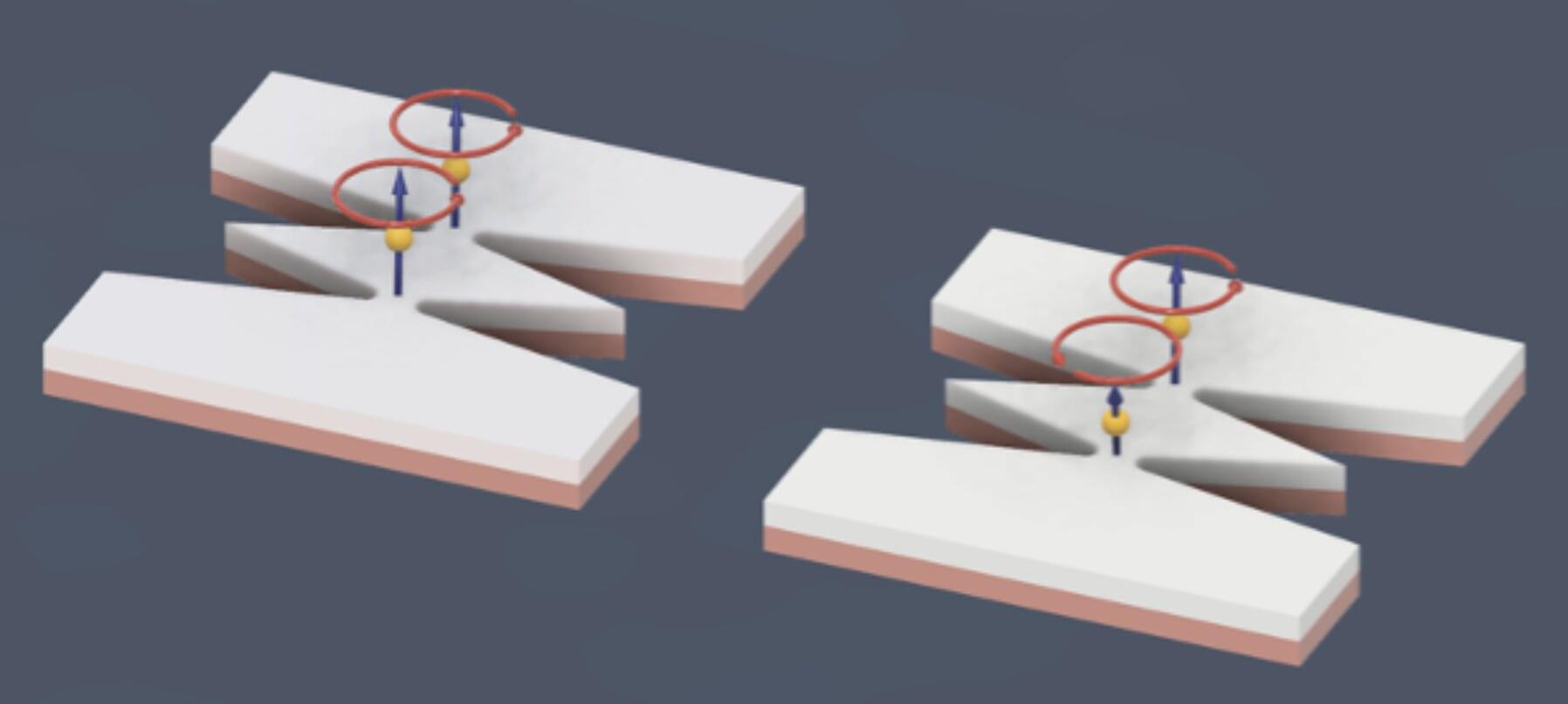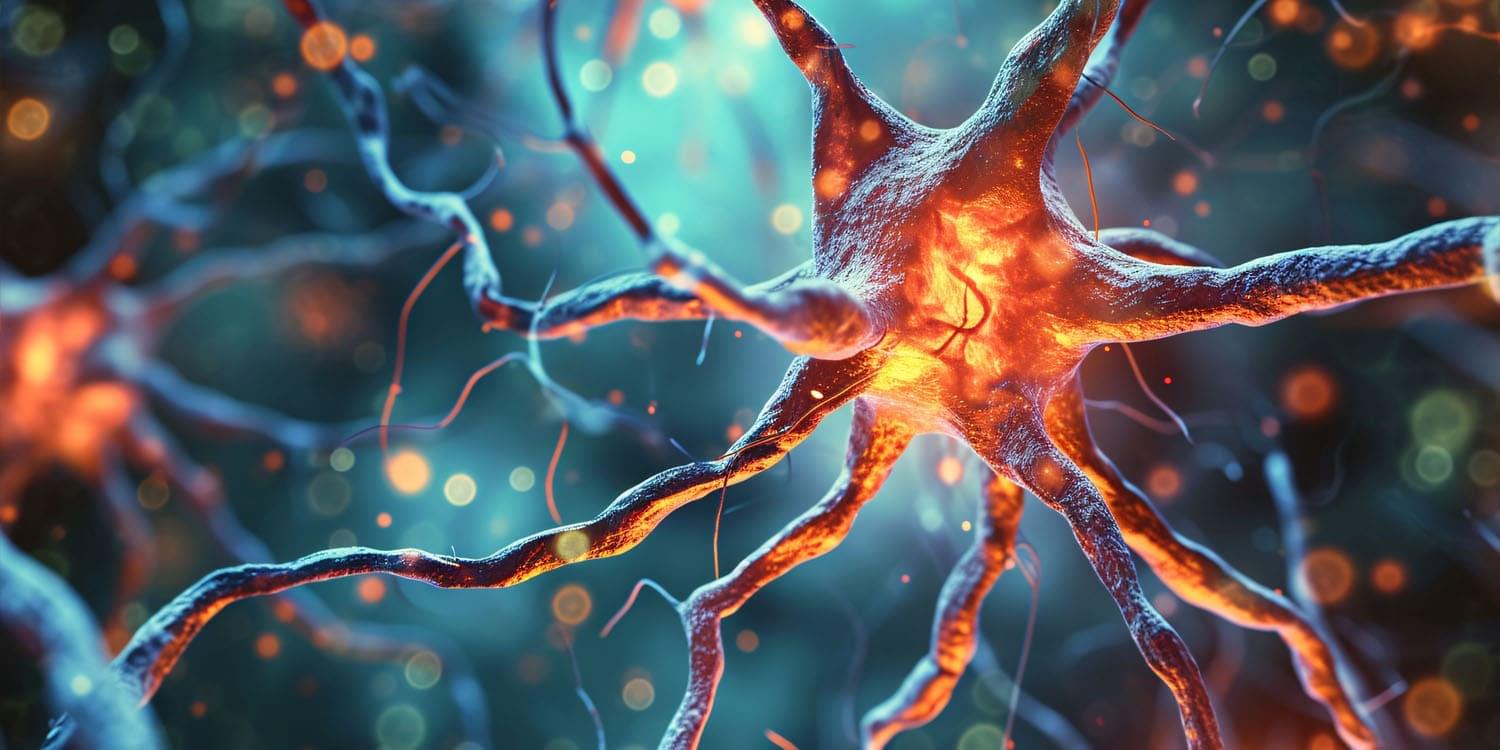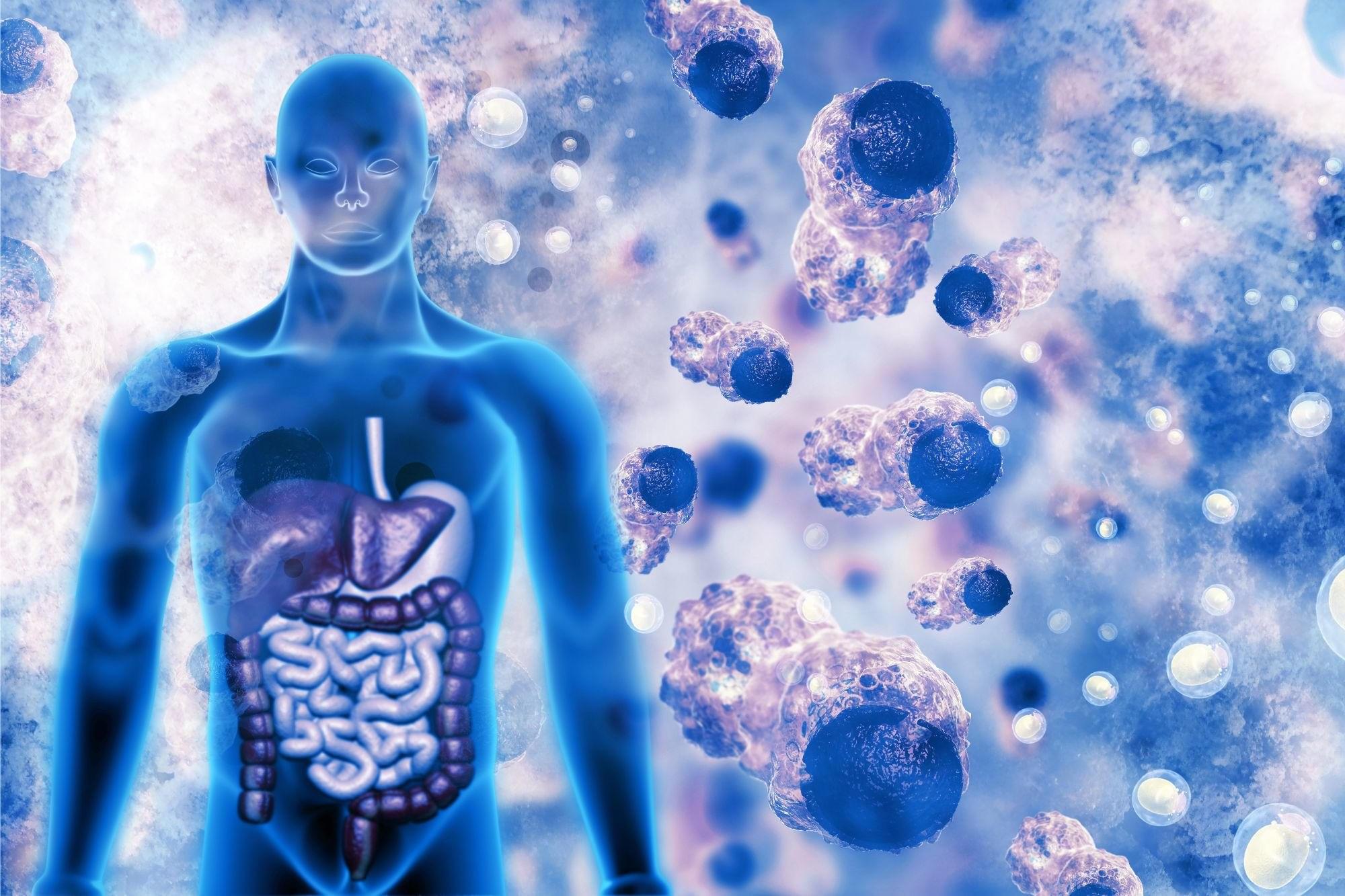Check out my own course, an introduction to quantum mechanics on Brilliant! First 30 days are free and 20% off the annual premium subscription when you use our link ➜ https://brilliant.org/sabine.
A new startup in Canada wants to build the first “conscious” artificial intelligence using quantum computing. What’s their definition of consciousness? Well, it’s based on Roger Penrose’s ideas about consciousness, ORCH-OR. I find this rather confusing because Penrose thinks that consciousness is not computable, so how are we now going to compute it?
This video comes with a quiz which you can take here: https://quizwithit.com/start_thequiz/.… Check out my new quiz app ➜ http://quizwithit.com/ 💌 Support me on Donorbox ➜ https://donorbox.org/swtg 📝 Transcripts and written news on Substack ➜ https://sciencewtg.substack.com/ 👉 Transcript with links to references on Patreon ➜ / sabine 📩 Free weekly science newsletter ➜ https://sabinehossenfelder.com/newsle… 👂 Audio only podcast ➜ https://open.spotify.com/show/0MkNfXl… 🔗 Join this channel to get access to perks ➜
/ @sabinehossenfelder 🖼️ On instagram ➜
/ sciencewtg #science #sciencenews #quantum #ai.
🤓 Check out my new quiz app ➜ http://quizwithit.com/
💌 Support me on Donorbox ➜ https://donorbox.org/swtg.
📝 Transcripts and written news on Substack ➜ https://sciencewtg.substack.com/
👉 Transcript with links to references on Patreon ➜ / sabine.
📩 Free weekly science newsletter ➜ https://sabinehossenfelder.com/newsle…
👂 Audio only podcast ➜ https://open.spotify.com/show/0MkNfXl…
🔗 Join this channel to get access to perks ➜
/ @sabinehossenfelder.
🖼️ On instagram ➜ / sciencewtg.
#science #sciencenews #quantum #ai




